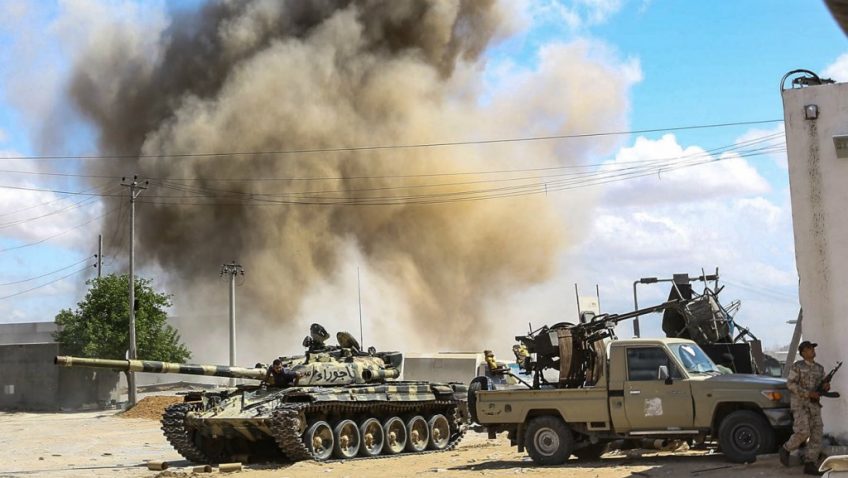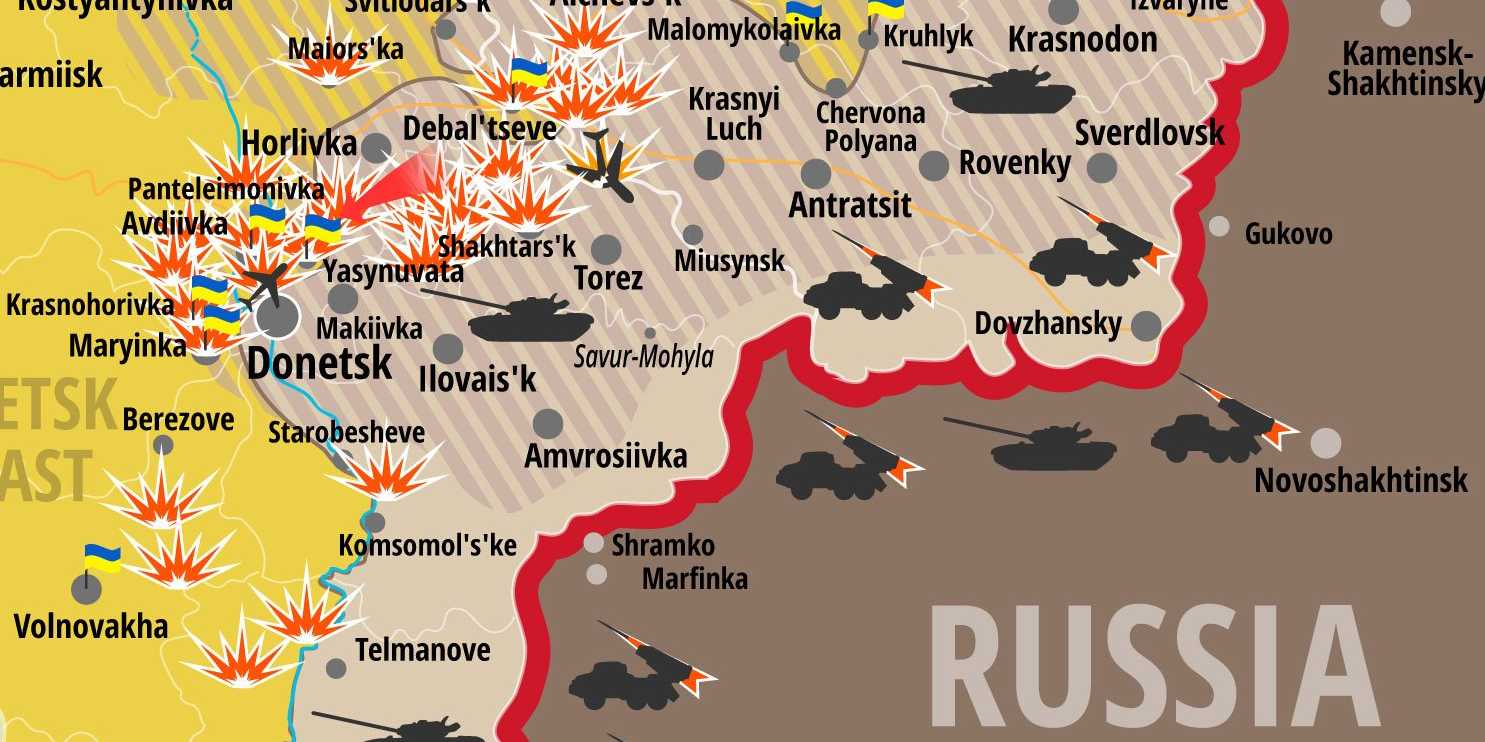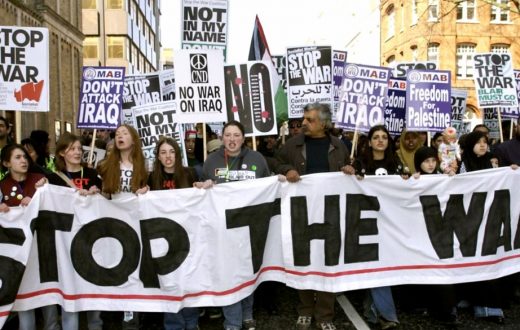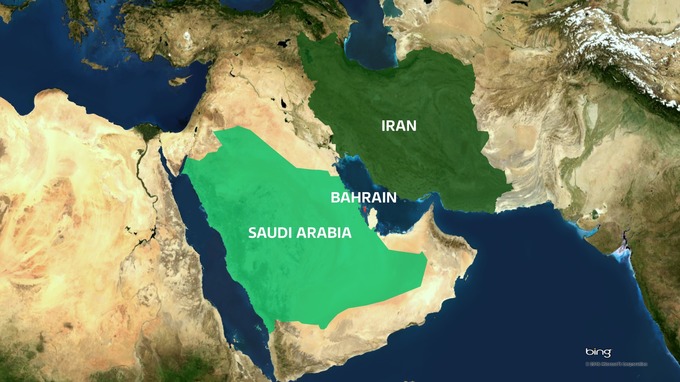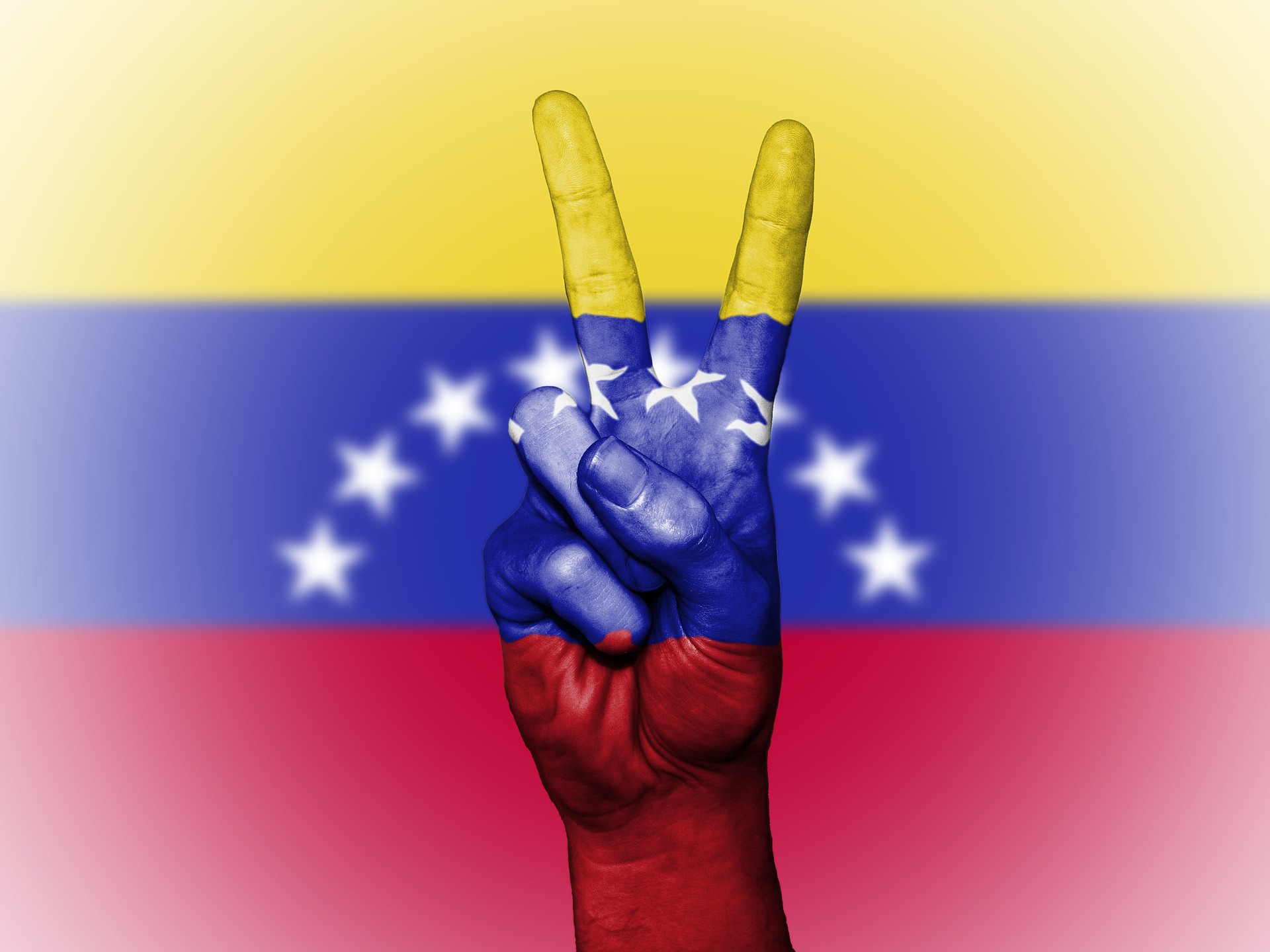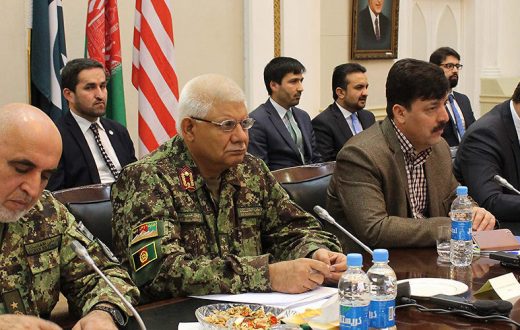The high rate of battle causalities in the ongoing Libyan civil war have mounted to more than 200 along with thousands of people injured and displaced as per the statement of Libyan officials. Libyan National Army (LNA) supporting Field Marshal Khalifa Haftar is engaged in a grueling war of attrition in a bid to take over the capital Tripoli since two months.
Haftar’s confidence of taking offensive against UN-recognized Government (Government of National Accord) led by Fayez-al-Serraj comes from the fact that he has tacit approval of majority of international governments. That is the main reason that there is no lull in the fighting, despite a call for National Reconciliation conference by UN Secretary General Antonio Guterres.
Haftar is being provided arms and ammunition by UAE. Russia, Egypt, Saudi Arabia and even France have yet to strongly condemn the ongoing fighting, even during the holy month of Ramadan. Russia vetoed a statement by the UN Security Council which urged the LNA to halt its operation and move towards the capital. An EU statement to stop the fighting has also been blocked by France, which has its oil assets established in Eastern Libya; controlled by Haftar’s forces . This has annoyed Italy to a great deal, since her oil assets are in the region controlled by Fayez-al-Serraj. Hence the internal conflict within a
country is lingering because the international powers are not coming to terms with each other on account of varied reasons. The conflict has dragged to a stage where a serious humanitarian crises is imminent, with civilians having the most to lose. Normal life has been disrupted with the economy going down the drain. The cost of living has risen, hospitals are
short of medicine and travelling unsafe. A large number of people have fled their homes to save their lives from indiscriminate shelling and gunfire. Such state of lawlessness is a perfect recipe for creation of power groups and terror organisations.
ISIS has recently claimed responsibility of an attack of Haftar’s forces which saw nine soldiers’ dead. Such attacks may be a precursor to the terror organisation gaining grounds, which it has lost in recent times. The fighting has certainly given ISIS a much needed breather and time to reorganise. This displacement should be a source of concern for many western governments, as they will see an influx of refugees at their borders. With nationalism and populism on the rise in Europe due to fear of refugees taking away jobs, this immigration could end up in a series of fresh hate crimes against the immigrants/ refugees.
Bordering countries like Tunisia, Algeria and Sudan will also take the toll, who themselves are not politically stable will also take the toll. It is surprising to see that major powers have not learned any lesson from the continuous instability in Middle-East for almost an entire decade. Proxy wars between the major states in Syria have achieved no clear victory for any group and have only resulted in misery, death and destruction. ISIS emerged due to the same power struggles and has now spread towards South Asia. ISIS has been active in North Eastern Afghanistan and claiming to have ingress within border region of Pakistan. Recent bombings and terrorism carried out by ISIS in Sri lanka has also emerged as a new threat in the region. The menace of ISIS is attracting many youth joining its cadres, who are radicalised through its social media campaigns, who are not confined to Muslim countries only.
No war in recent history has been decided on the battlefield and the warring parties ultimately sit on the negotiations table to settle their differences. What is stopping the international community to put their foot down and force a truce in Libya? The world cannot sit aloof and let the conflict linger hoping that the fighting and its after-effects will remain confined to the country only. It is time for the United States of America to step in and resolve the issue as per the directions of UN Security Council. President Donald Trump has an opportunity to show much required pragmatism and bring all the stake holders to find a common ground. Negotiations may take time, however, a cease-fire would be the first step towards progress.

